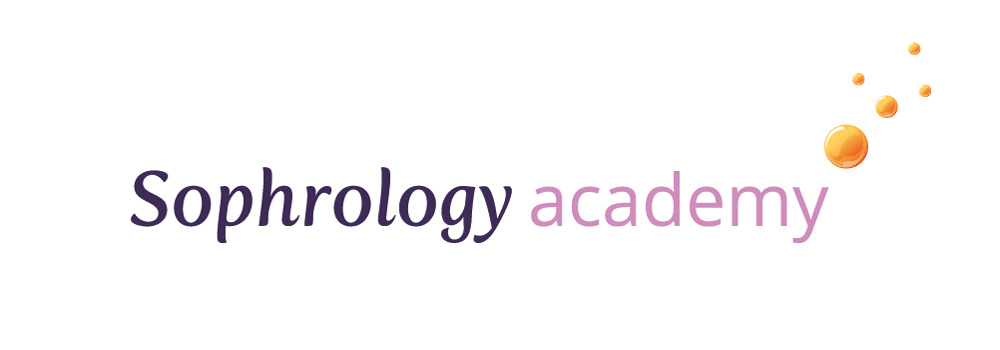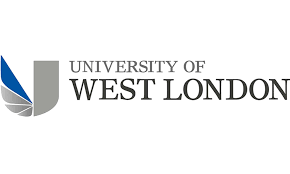Abstract
Alcohol use disorder (AUD) represents a significant health concern globally with a link between mental health deterioration and increased alcohol intake. Post-sobriety, individuals often lack mental health support, increasing relapse risk. Improving the wellbeing of those in alcohol recovery could reduce the likelihood of relapse, prevent health-related concerns and reduce healthcare costs. This study proposed the use of an intervention named Sophrology to improve the wellbeing of individuals in alcohol recovery. Sophrology is a mind-body relaxation technique which combines gentle movement, positive visualisation and breathing exercises. A before and after mixed methods case study was employed to investigate the effects of a six-week Sophrology intervention on the wellbeing of individuals in alcohol recovery. Wellbeing was measured through the general anxiety (GAD-7), depression scale (PHQ-9) and Satisfaction with Life scale (SWL). The Substance Use Recovery Evaluator (SURE) was also used to measure recovery. Semi-structured interviews were conducted to gain a deeper understanding of the participants’ experience with their intervention. Data from the interviews was analysed using Thematic Analysis. Both anxiety and depression self-reported symptoms reduced after the six-week Sophrology sessions. SWL was enhanced after the sessions. TA produced four main themes: Perceived benefits of the sophrology sessions, social impact, switching coping mechanisms, expectations, and feedback. The results from this study suggest the effectiveness of Sophrology as an intervention to enhance the wellbeing of individuals in alcohol recovery and reduce symptoms of anxiety and depression. Future research should employ longitudinal methods to assert the enduring effectiveness of the intervention.
For more information on the study please contact:
Professor Caroline Lafarge
Director of Research, The Sophrology Academy
Caroline.Lafarge@uwl.ac.uk


